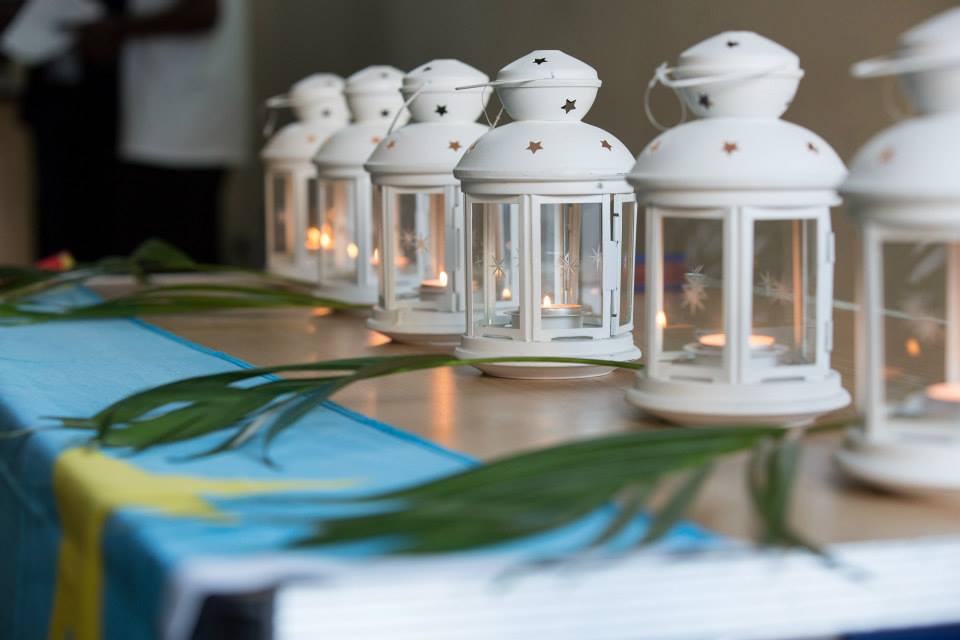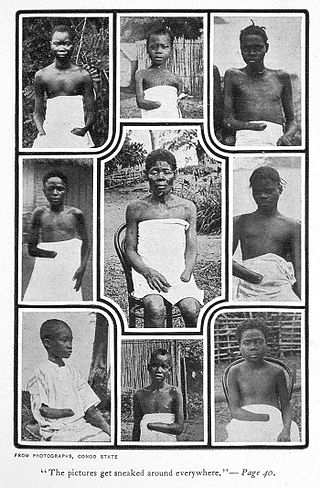
The Geno-Cost is an initiative from the Congolese Action Youth Platform (CAYP) for the recognition of the Genocide against the people of D R Congo. This campaign aims to have the 2nd of August recognised as a commemoration day to remember all those we have lost in Congo in our long history of violence.
What does Geno-Cost mean?
Geno-Cost/Genocost means genocide for economical gains.
The word Geno-Cost is a combination of Genocide and Cost. We have chosen this term to explain the economic root/aspect of the genocide in DRC. This removes the misleading discourse, often led by certain media, that tribal or ethnic conflicts are the root cause of the Genocide and instability in Congo.
Why a memorial day?

Through our research of the history of genocide in DR Congo, we found out that the current conflict, which has claimed over 6 million lives, wasn’t the first of its kind in Congo. During the colonial reign of King Leopold II (1885–1908), around 10 to 13 Million Congolese were killed as a result of the brutal exploitation of rubber and other natural resources according to historians such as Adam Hochschild and Isidore Ndaywel è Nziem. This death toll was the equivalent of half the indigenous population of Congo.
Yet, only few Congolese are aware of this part of our history. It has been carefully removed from our school curriculum to be replaced by the tales of a “Builder King”, a heroic figure often referred to as a Noko (an uncle of the nation). Over a century later, history is repeating itself. Millions of Congolese are killed once again for the exploitation of Coltan, Gold and other natural resources. But, despite more people having access to the internet and modern means of communication, very little is known about this conflict. Our conflict is fuelled by the world’s demand for electronics: Every mobiles phone and laptop in the world contains a piece of Congo.
It is unconventional to set a memorial whilst a conflict is ongoing, however the Congo’s current situation calls for an unconventional solution. If nothing is done to draw lessons from these tragedies history shows us that it is bound to repeat itself. If we do nothing now, very few will remember the millions killed in Congo not even the Congolese themselves.
Setting a memorial day is an important part of our campaign as it ensures that the history of the current conflict is never forgotten.
Why the 2nd of August?
The 2nd of August marks the beginning of the second Congo war, also known as the African World War. On that fateful day in 1998, the rebels of the Rassemblement Congolais pour la Democratie (RCD) launched an assault on the town of Goma with the support of Rwanda and Uganda. This event marked the onset of the most lethal conflict since the conclusion of World War 2.
Over 6 million people were killed and millions of Congolese became victims of a systematic rape, mutilations and other forms of violence inflicted upon them. Though this conflict officially ended in 2003, Congolese continue to be killed, kidnapped and raped by militia groups in Eastern Congo.
Why do we call it a Genocide?
International laws defines genocide as any of the following acts committed with intent to destroy, in whole or in part, a national, ethnical, racial or religious group, as such:
(a) Killing members of the group;
(b) Causing serious bodily or mental harm to members of the group;
(c) Deliberately inflicting on the group conditions of life calculated to bring about its physical destruction in whole or in part;
(d) Imposing measures intended to prevent births within the group;
(e) Forcibly transferring children of the group to another group.
On this basis, the systematic rape of Congolese women and children, the ongoing mass killing of civilians, and other atrocity committed against the population in eastern Congo for the exploitation of natural resources constitute a crime of genocide. Yet to this day the same international community that said « never again » has once again failed to protect the lives of children, women and men.
The International Community has turned a blind eye to the plight of the Congolese people. The Congolese must therefore take matters in their own hands. Through this 2nd August initiative, CAYP empowers the Congolese community in the diaspora and in the Congo to recognise the Congolese genocide, commemorate the lives we’ve lost, and actively work on solutions to bring a lasting peace in Congo.